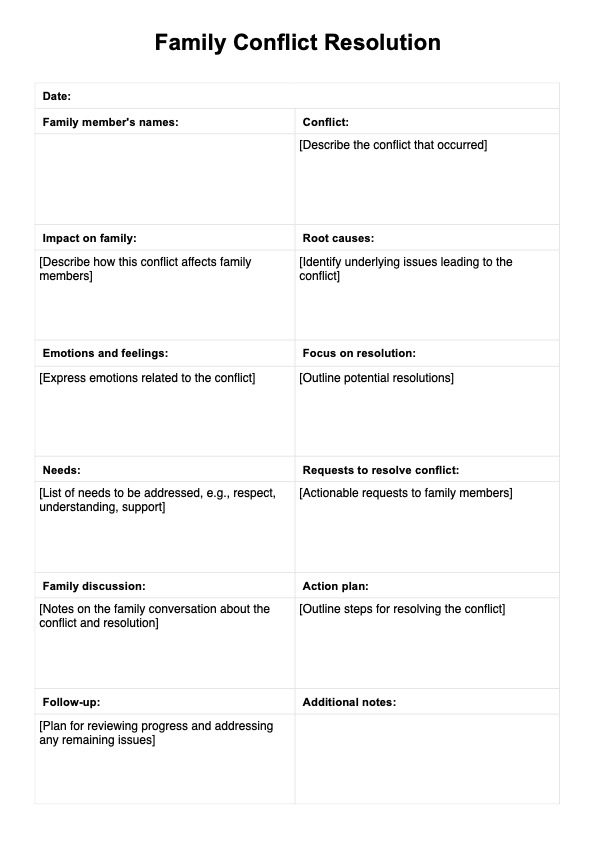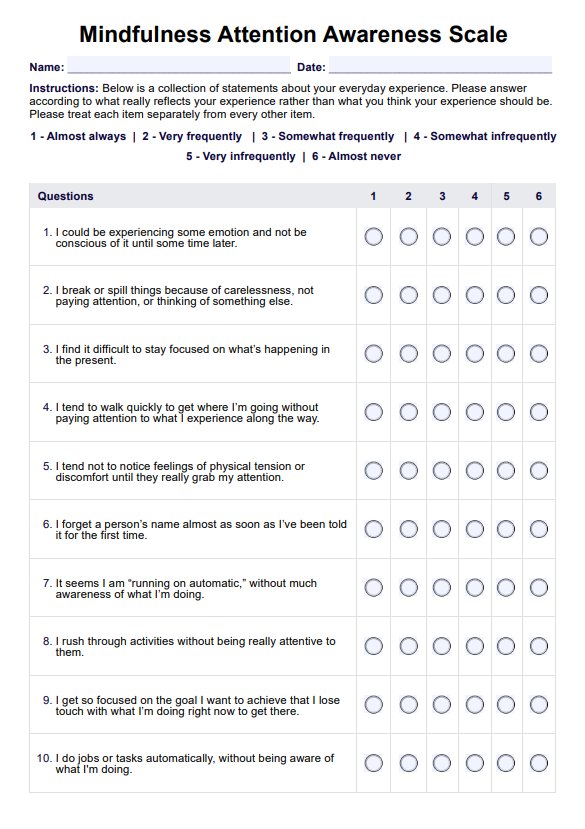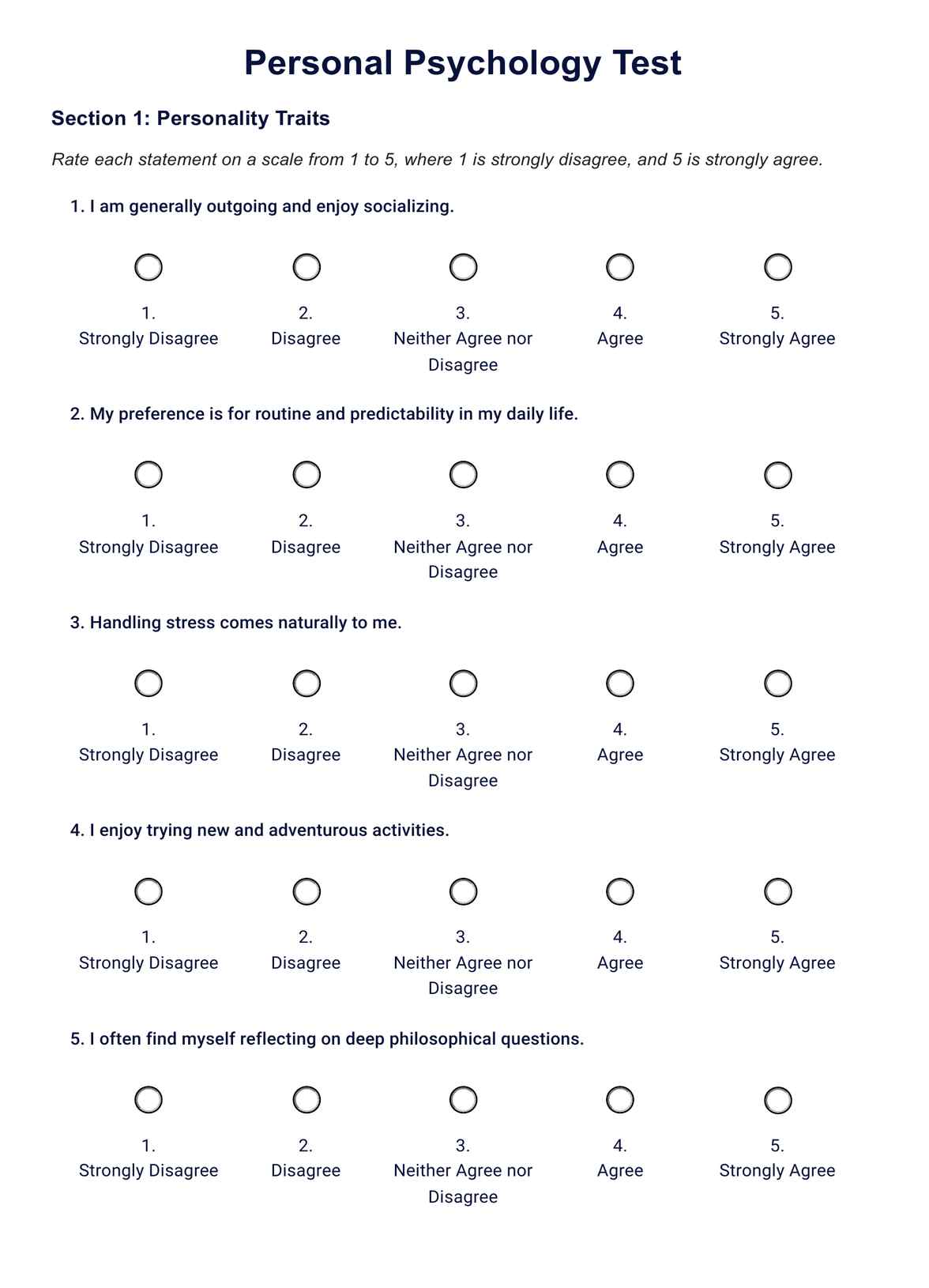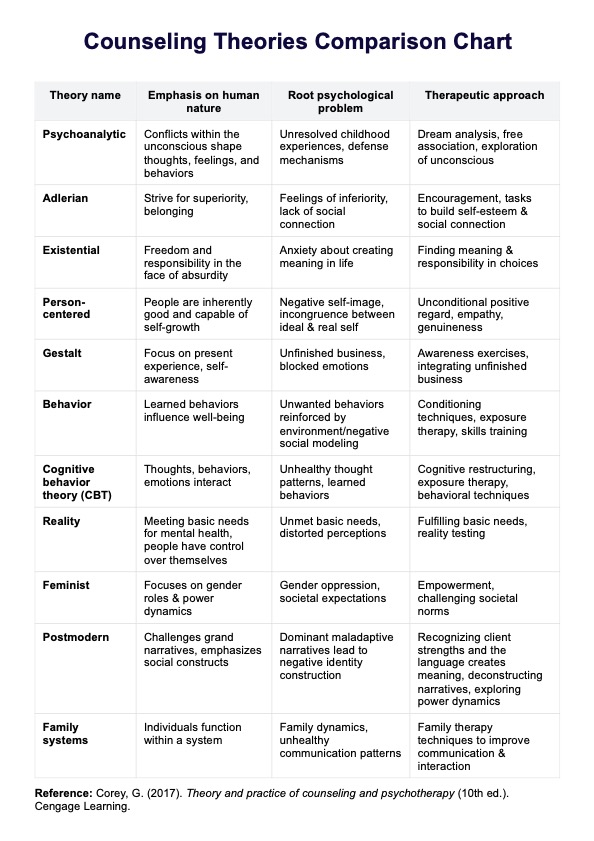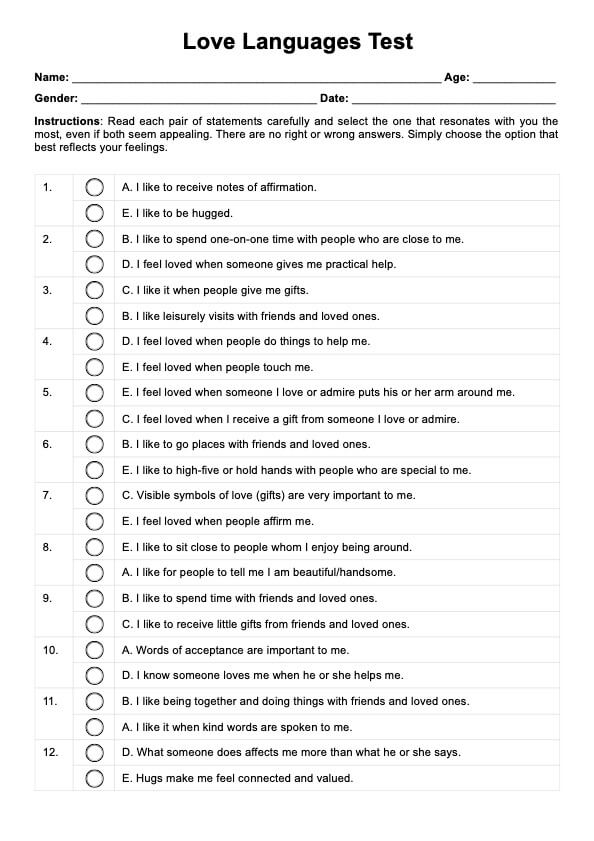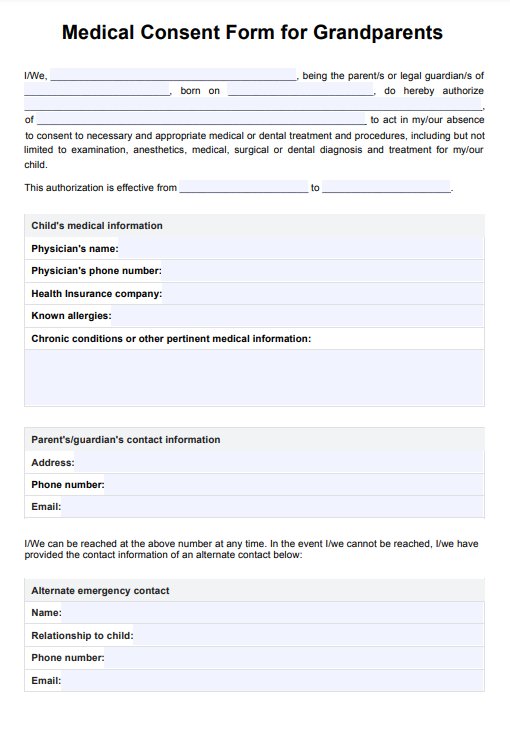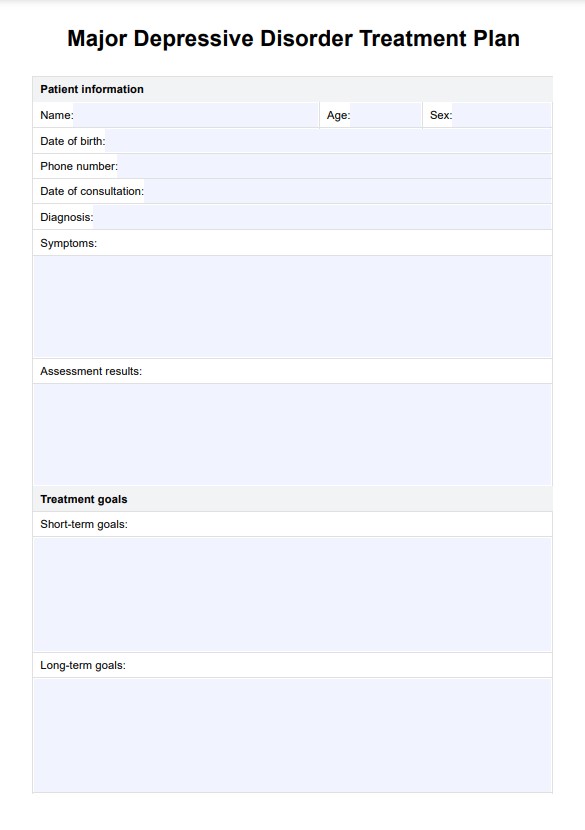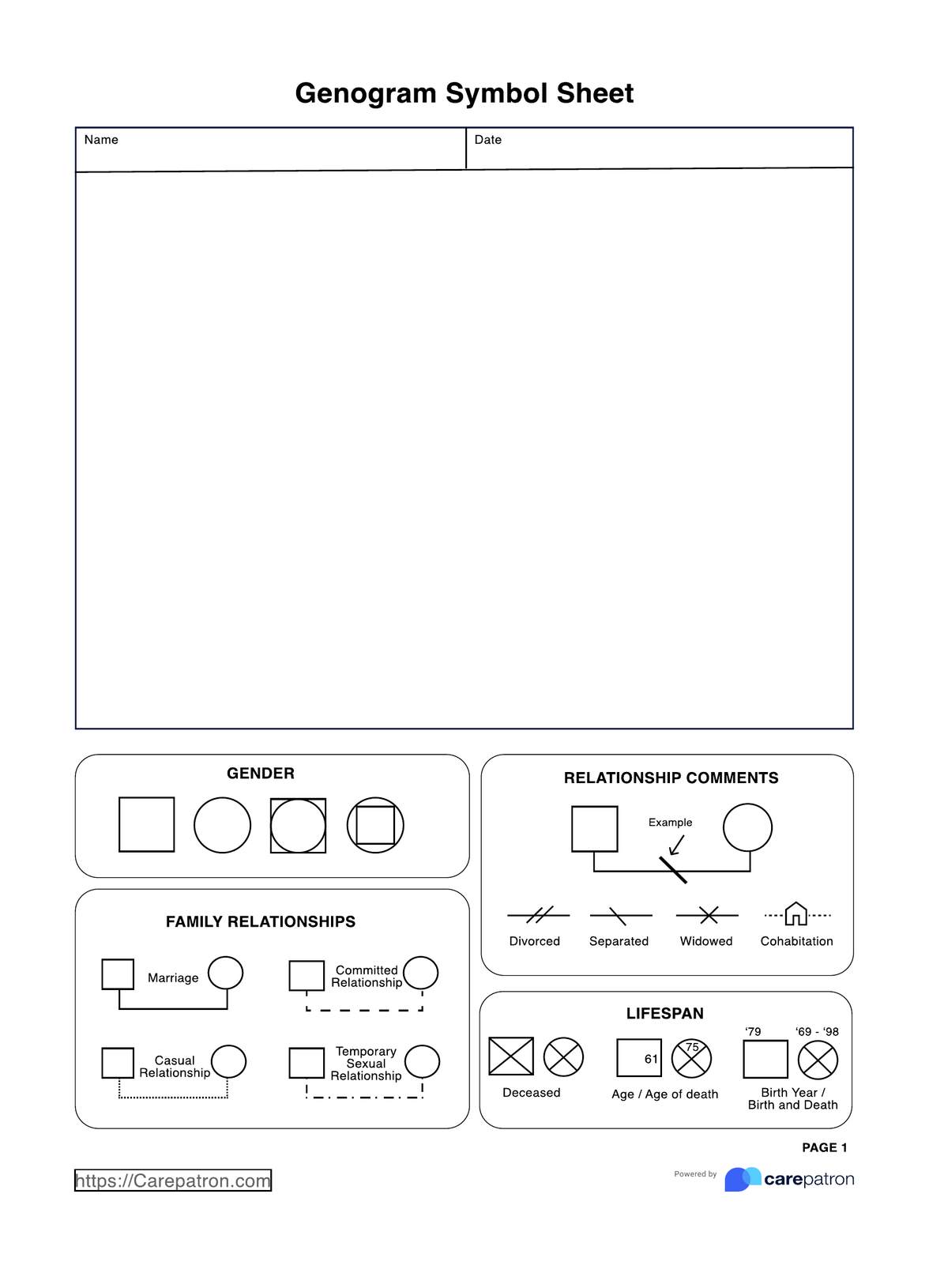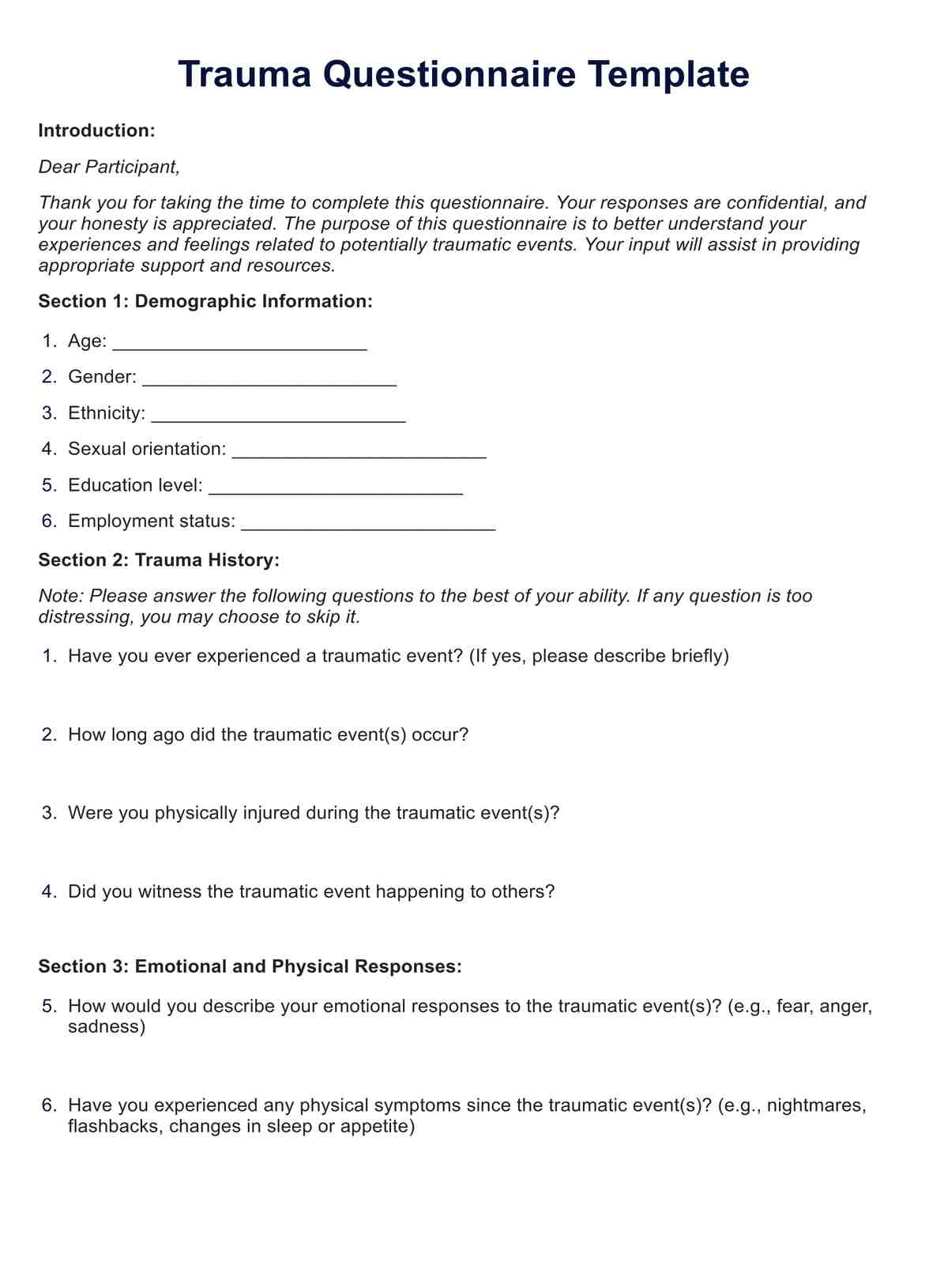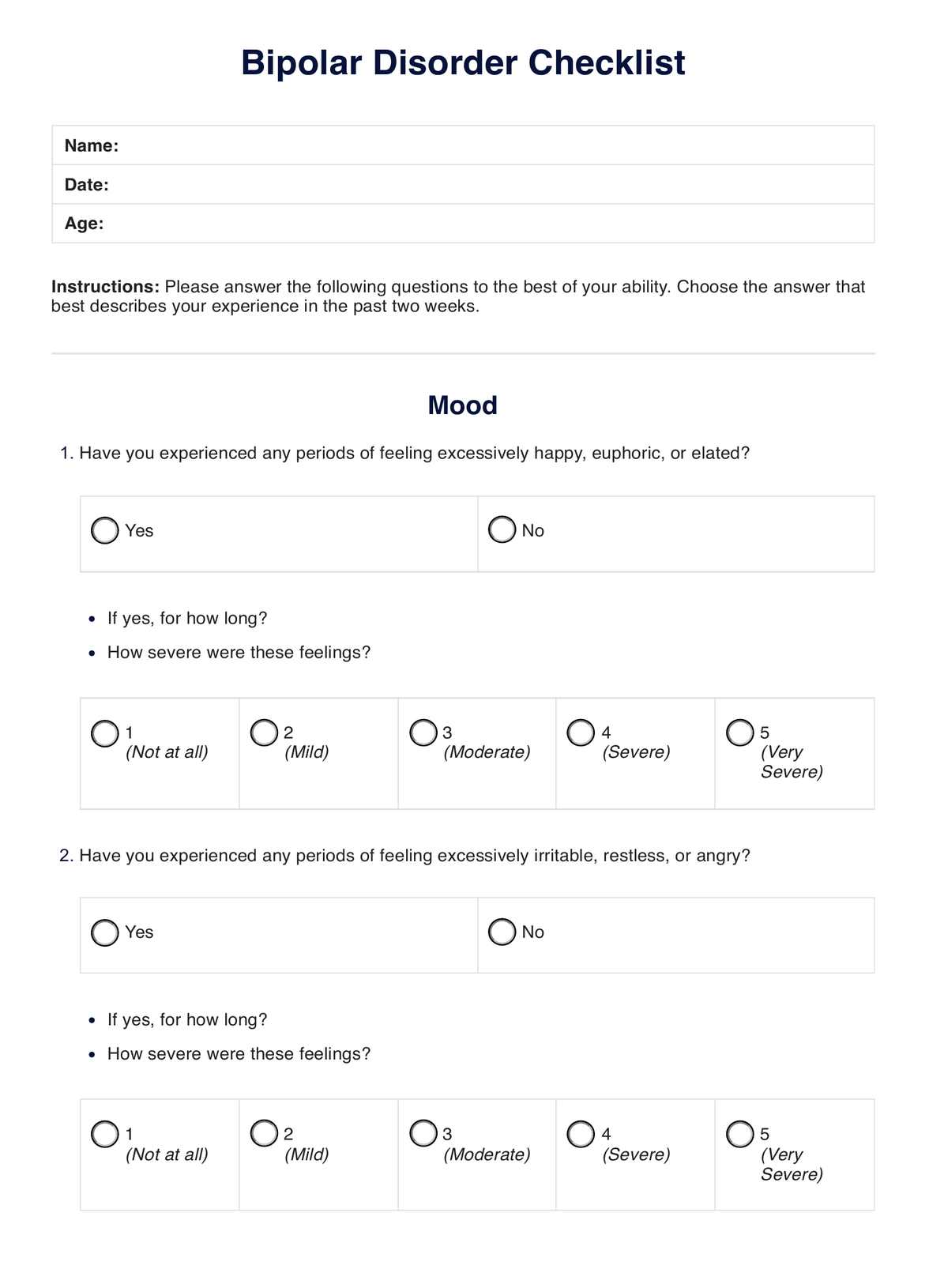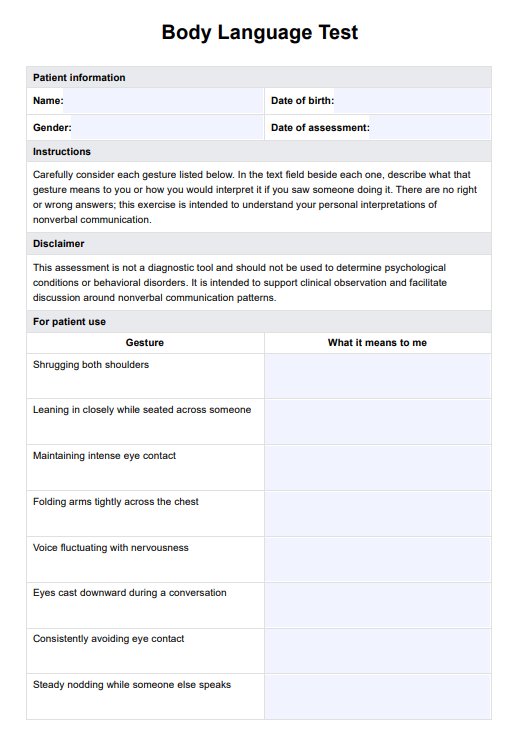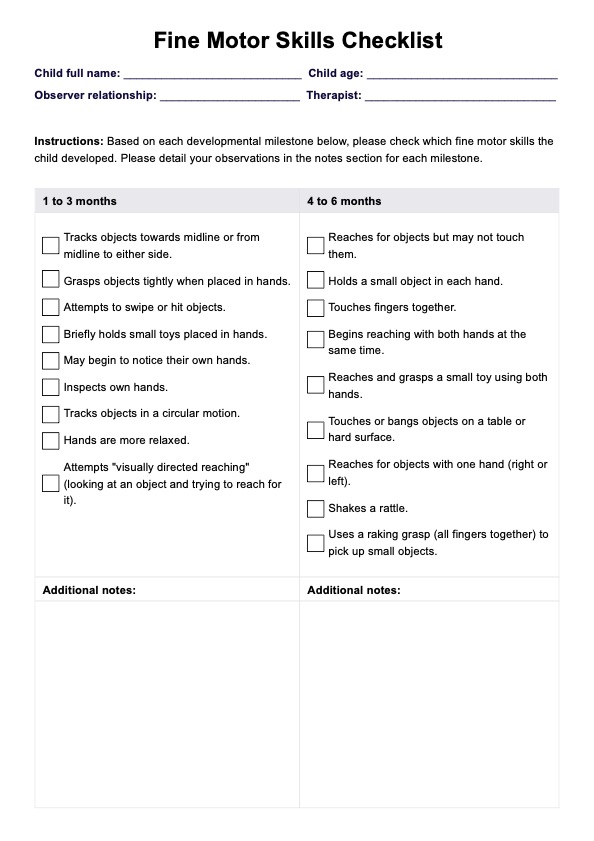Parenting Styles Questionnaires
Help your patients be self-aware of their approach to raising children by giving them a Parenting Styles Questionnaire. Click here for a free copy.


What is a Parenting Styles Questionnaire?
The Parenting Style Questionnaire (PSQ), or Parenting Styles and Dimensions Questionnaire (PSDQ), is a self-report instrument designed to assess parenting styles based on Baumrind's (1971) framework. It evaluates three primary styles, authoritative, authoritarian, and permissive, through a series of items that reflect various dimensions of parenting behaviors.
The Parenting Style Questionnaire, or Parenting Styles and Dimensions Questionnaire (PSDQ), is a self-report instrument designed to assess parenting styles based on Baumrind's (1971) framework. It evaluates three primary styles, authoritative, authoritarian, and permissive, through a series of items that reflect various dimensions of parenting behaviors.
The PSDQ developed by Robinson et al. in 1995, comprises 62 items, refined from an original 133-item test administered to 1,251 parents of preschool and school-age children. The selection of items for this measure was accomplished through principal axes factor analyses, followed by varimax rotation to enhance clarity and coherence.
Later on, a 32-item version of the PSDQ called PSDQ-short was developed by Robinson et al, 2001). This shorter version was created to make the measure more practical and convenient for researchers who needed a briefer instrument.
Both versions include items that evaluate three dimensions of parenting that align with the three distinct styles (Oliveira et al., 2018):
- Authoritative parenting: Characterized by a balance of warmth and structure, this style includes 15 items that emphasize support, affection, regulation, and autonomy.
- Authoritarian parenting: Marked by high demands and low responsiveness, this style encompasses 12 items that address elements such as physical coercion and verbal hostility.
- Permissive parenting: Permissive parenting practices are defined by indulgence and leniency, this style features 5 items that focus on permissive behaviors.
The assessment versions evaluate various dimensions of parenting. The authoritative scale encompasses warmth, reasoning, democratic participation, and a good-natured disposition. In contrast, the authoritarian scale includes subscales such as verbal hostility, corporal punishment, punitive strategies, and directiveness. Lastly, the permissive scale features subscales of low self-confidence, neglecting misbehavior, and insufficient follow-through (Robinson et al., 1995).
Parenting Styles Questionnaires Template
Parenting Styles Questionnaires Example
How does it work?
Carepatron's Parenting Styles Questionnaire template includes the 32-item short form version of the original assessment. This version of the questionnaire is designed to provide a quick and reliable measure of an individual or their spouse's parenting style preferences. Here's how to use the template:
Step 1: Access the template
Get a copy of the PSDQ-short using the link provided in this guide. You can also click "Download" to get a PDF copy.
Step 2: Explain how it works
Explain to your client that the questionnaire is designed to help them understand their own or their spouse's parenting style preferences. It consists of 32 statements about different aspects of parenting, and they will need to rate how much each statement applies to them on a scale from 1 to 5.
Step 3: Allow time for completion
Give your client enough time to read and answer each question thoughtfully. Remind them that there are no right or wrong answers, and it's important for them to be honest with themselves.
Step 4: Interpret the results
Once the self assessment is completed, you can interpret the results with your client. Use the information in the template to get the average score for each sub domain and identify their or their spouse's dominant parenting style. The mean score for each parenting style can give you a general idea of the client's approach to parenting, but it is important to remember that these styles are not fixed and can change over time based on various factors such as life circumstances, cultural influences, and personal experiences
Step 5: Discuss the implications
Discuss with your client the implications of their parenting style, both positive and negative. Encourage them to reflect on how it may impact their child's development, and brainstorm ways to improve any areas of concern.
When would you use this Template?
The Parenting Styles Questionnaire template can be used in various contexts to better understand parenting approaches. Below are key instances where healthcare professionals may find the PSQ template particularly useful.
Identifying parenting challenges
Use the PSQ template when parents express concerns about their child’s behavior or relationships. The questionnaire helps identify if parenting style contributes to challenges, guiding professionals in offering targeted advice or interventions that can improve parent-child dynamics.
Supporting family therapy
During family therapy sessions, the PSQ template can assess the parenting approaches that may be impacting family communication or conflict. By understanding the parents' styles, therapists can develop tailored strategies to foster a healthier family environment.
Early childhood development concerns
For parents with young children who may show signs of developmental or behavioral concerns, the PSQ template can offer insights into how parental interactions influence the child’s development. It provides a foundation for discussing adjustments to parenting techniques that encourage positive growth.
References
Baumrind, D. (1971). Current patterns of parental authority. Developmental Psychology, 4(1, Pt.2), 1–103. https://doi.org/10.1037/h0030372
Robinson, C. C., Mandleco, B., Olsen, S. F., & Hart, C. H. (1995). Authoritative, authoritarian, and permissive parenting practices: Development of a new measure. Psychological Reports, 77(3), 819–830. https://doi.org/10.2466/pr0.1995.77.3.819
Robinson, C. C., Mandleco, B., Olsen, S. F., & Hart, C. H. (2001). The Parenting Styles and Dimensions Questionnaire (PSDQ). In B. F. Perlmutter, J. Touliatos, & G. W. Holden (Eds.), Handbook of family measurement techniques: Vol. 3. Instruments & index (pp. 319 - 321). Thousand Oaks: Sage.
Oliveira, T. D., Costa, D. de S., Albuquerque, M. R., Malloy-Diniz, L. F., Miranda, D. M., & de Paula, J. J. (2018). Cross-cultural adaptation, validity, and reliability of the Parenting Styles and Dimensions Questionnaire – Short Version (PSDQ) for use in Brazil. Revista Brasileira de Psiquiatria, 40(4), 410–419. https://doi.org/10.1590/1516-4446-2017-2314
Commonly asked questions
Healthcare professionals, such as mental health providers, family therapists, and pediatricians, commonly use the Parenting Styles Questionnaire (PSQ) to assess parenting behaviors. It can also be used by educators or researchers to study the impact of parenting on child development.
The Parenting Styles Questionnaire (PSQ) is used when there are concerns about parent-child interactions, behavior management, or family dynamics. It is also helpful in therapeutic settings to guide parenting interventions or during parenting education programs.
The PSQ is administered by asking parents to complete a series of statements reflecting their behaviors and attitudes toward parenting. Healthcare professionals then analyze the responses to determine the parent’s predominant parenting style and provide feedback or recommendations.


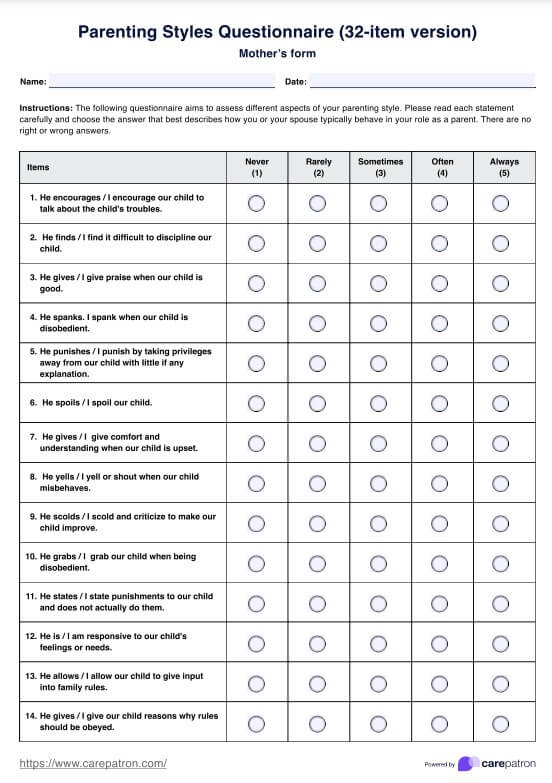
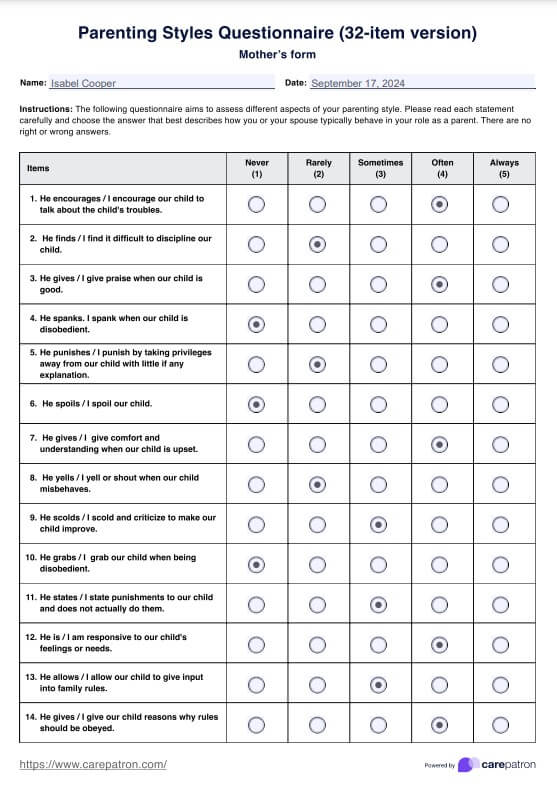

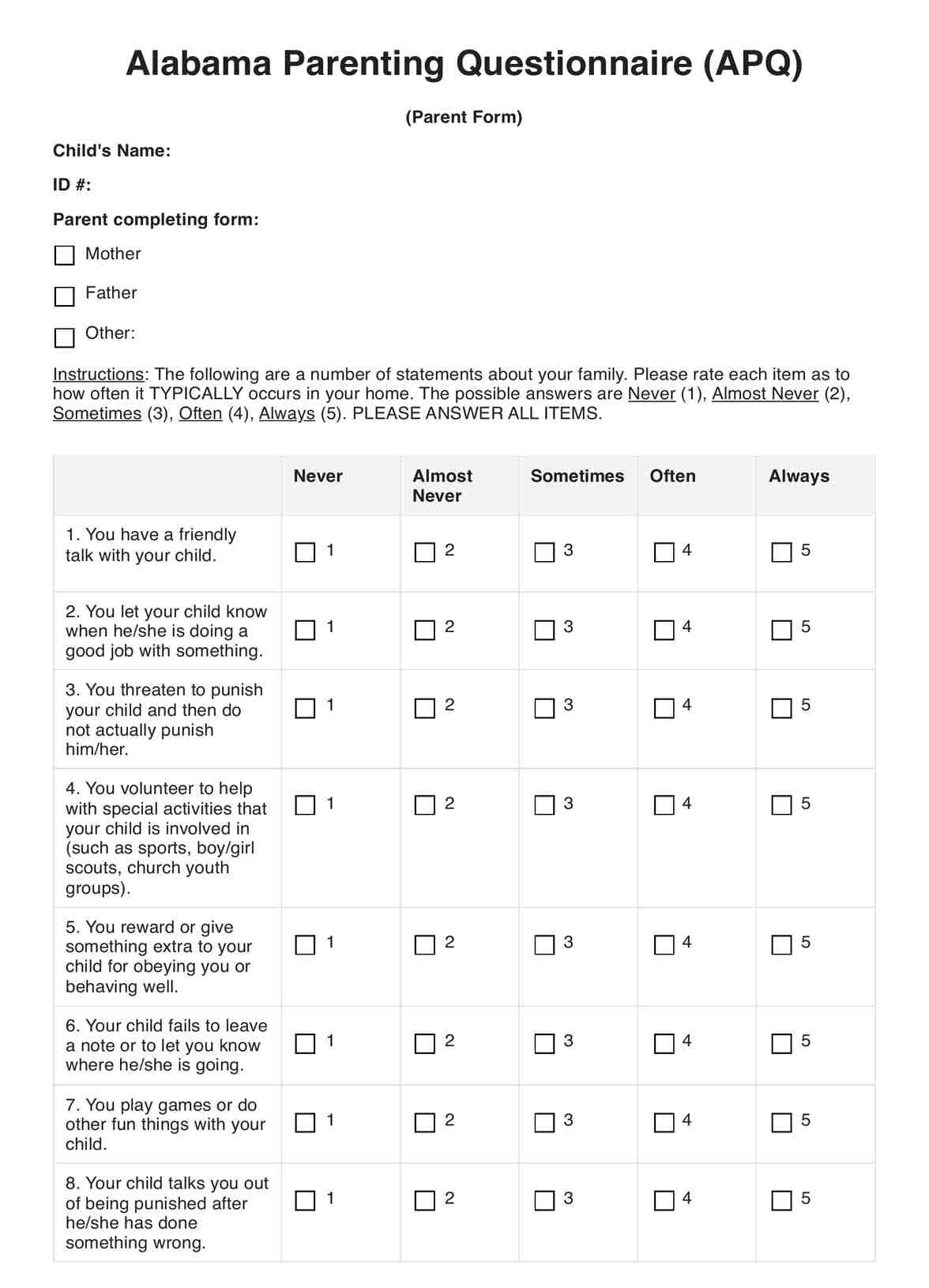


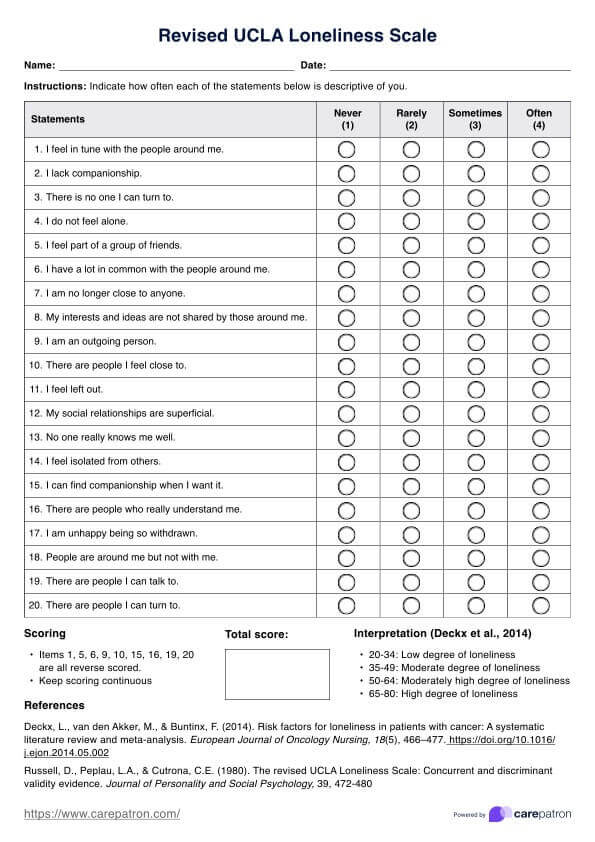










-template.jpg)















































































